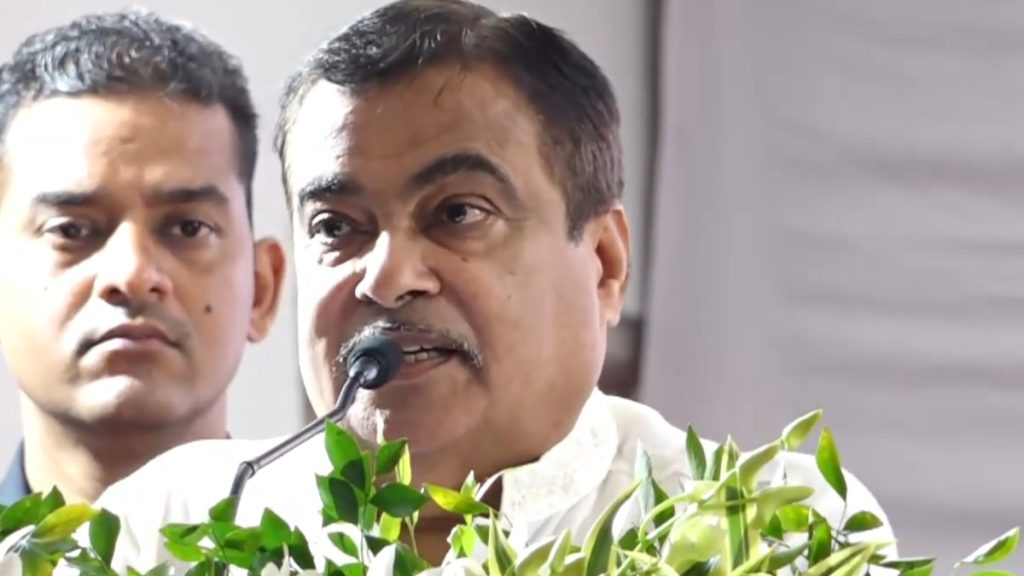In a significant announcement set to electrify India’s automotive landscape, Union Minister for Road Transport and Highways, Nitin Gadkari, has declared that electric vehicles (EVs) will soon be as affordable as their petrol counterparts, with price parity expected within the next four to six months. This bold prediction, made today, signals a pivotal moment for mass EV adoption in India, aiming to dispel concerns about high upfront costs.
Minister Gadkari attributed this imminent price reduction primarily to rapid advancements in battery technology and an anticipated surge in domestic EV production. “The cost of electric vehicles is consistently coming down. In the next 4-6 months, you will see that the price of an electric vehicle will be equivalent to the price of a petrol-driven vehicle,” Gadkari stated, expressing strong confidence in the industry’s trajectory.
The Driving Force: Battery Technology and Domestic Production
The core of Gadkari’s optimism lies in the ongoing innovations within the battery sector. As battery manufacturing scales up and research yields more efficient and cost-effective solutions, the most expensive component of an EV is becoming more affordable. India is also pushing aggressively for domestic battery manufacturing through initiatives like the Production Linked Incentive (PLI) scheme, aiming to reduce reliance on imports and further drive down costs.
“Our aim is to make green mobility accessible to every Indian,” Gadkari emphasized. “Once the initial purchase price barrier is overcome, combined with the significantly lower running costs of EVs, the choice for consumers will become clear.”
Currently, while EVs boast lower running costs (electricity being cheaper than petrol/diesel per km), their higher sticker price has been a major deterrent for many potential buyers in India. Gadkari’s forecast suggests this barrier is on the verge of collapsing.
Implications for the Indian Automotive Market
This projected price parity is expected to trigger a paradigm shift in the Indian automotive market:
- Boost in EV Sales: Making EVs price-competitive with petrol cars could unlock a massive wave of demand, accelerating India’s transition to electric mobility.
- Reduced Import Bill: Widespread EV adoption will significantly cut down India’s dependence on crude oil imports, strengthening the economy and reducing foreign exchange outflow.
- Environmental Benefits: A larger EV fleet will contribute substantially to reducing air pollution in urban centers and lowering carbon emissions, aligning with India’s climate goals.
- Manufacturing Growth: Increased demand for EVs will spur further investment in domestic manufacturing of vehicles, components, and charging infrastructure, creating jobs and fostering local innovation.
While the timeline is ambitious, the Minister’s statement provides a clear roadmap for the future of transportation in India. The coming months will be critical to observe how battery prices evolve and how quickly manufacturers can roll out EVs that truly challenge the pricing of their fossil-fuel counterparts, potentially heralding a new era of affordable, sustainable transport for the masses.








